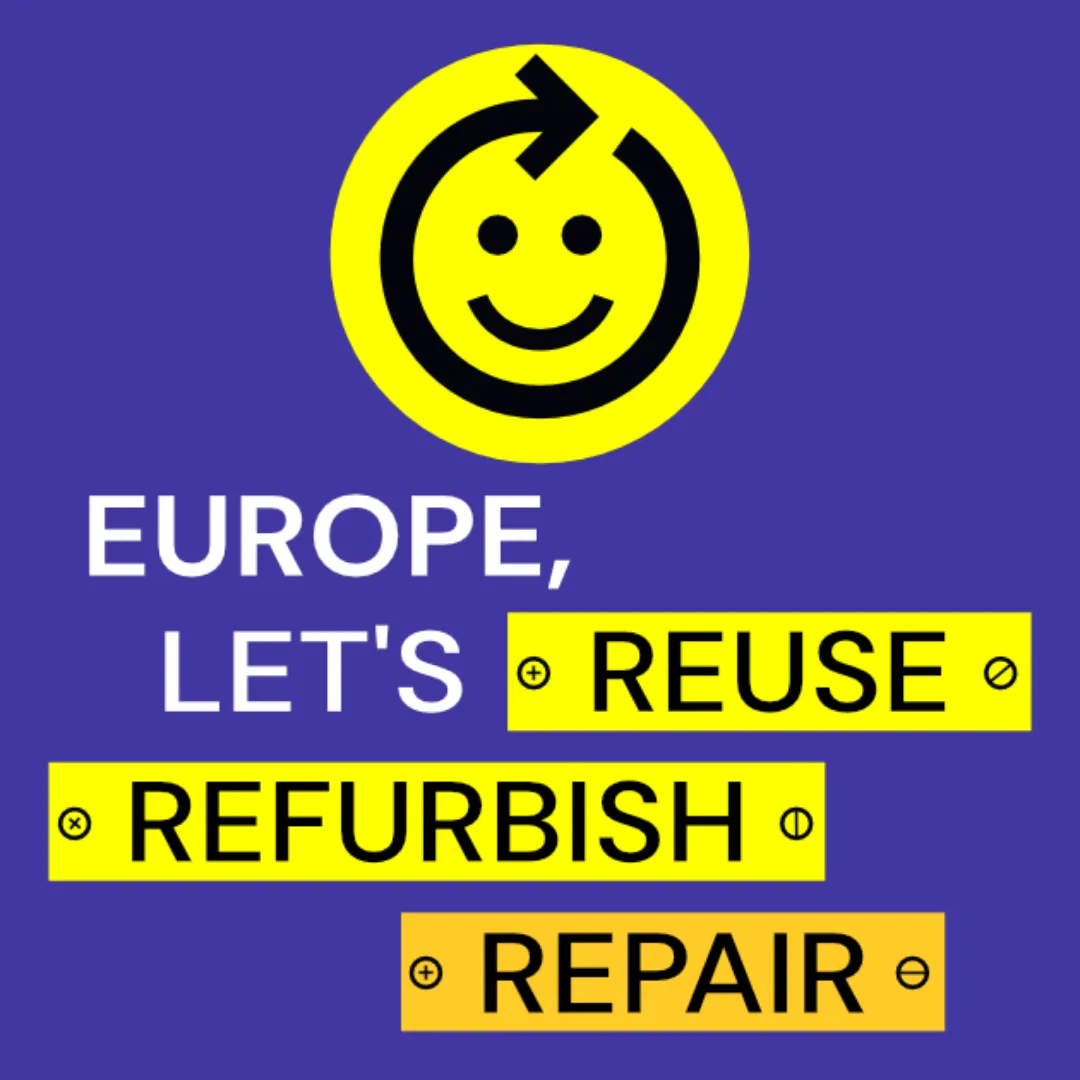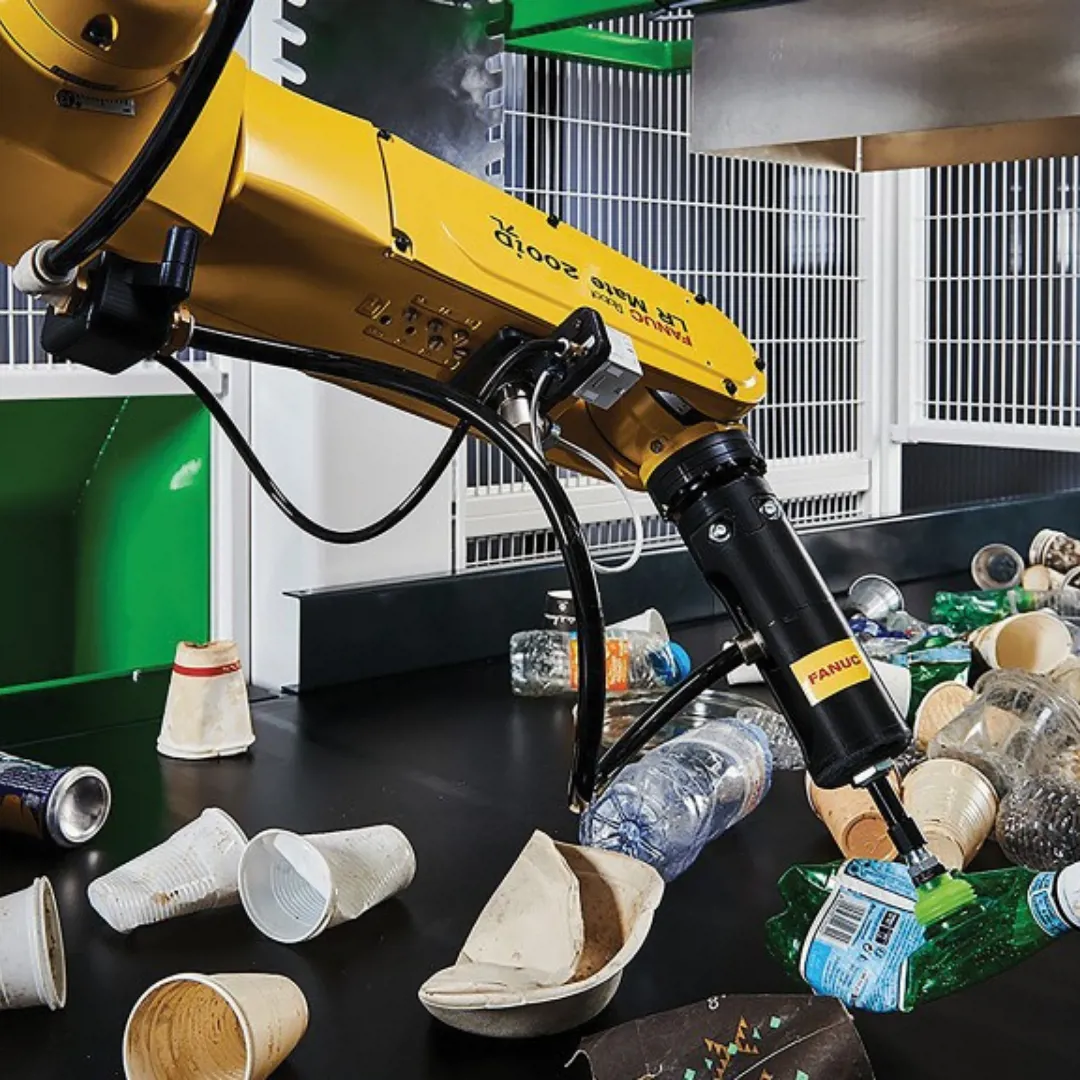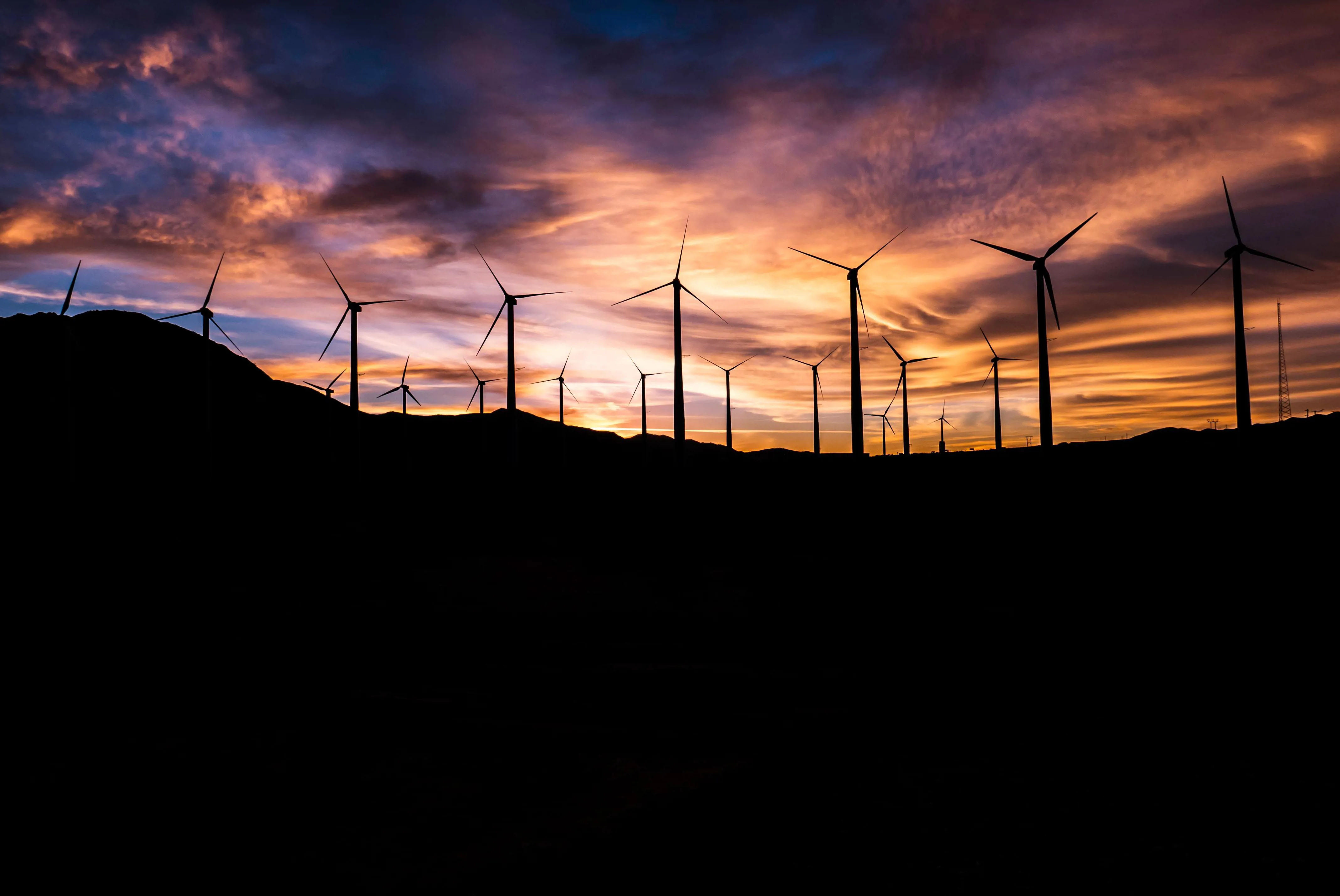Recycling plays an essential role in tackling the climate crisis, but it’s not always as easy as just chucking our rubbish in the recycling bin. We’re all doing our bit, but, somehow, our waste is still ending up piled up in landfills or clogging up our oceans. How will recycling change to prevent this?
What's the problem with recycling at the moment?
1. Lack of knowledge about where and what to recycle
Packaging manufacturers continue to create packaging that can’t be recycled
If you've ever put something in the recycling bin without knowing for sure that it can be recycled, you've experienced 'wishcycling'.
Wishcycling is putting something in the recycling bin and hoping it will be recycled, even if there’s little evidence to confirm this. Unfortunately, packaging manufacturers continue to create packaging that can’t be recycled, which has resulted in over half a million tonnes of household recycling being rejected at the point of sorting in 2019/20.
Products often lack clear labelling
Unclear labelling about recycling can mean recyclable products ending up in landfill. A study by WRAP concluded that multiple labels cause uncertainty, with the Green Dot causing particular confusion for UK consumers.
Some products don’t feature any information on recycling at all. For example, Which? magazine found that 60% of bathroom products had no recycling information on the label, despite most of them being partially or wholly recyclable.
2. Greenwashing
With nearly a 24% increase in ethical consumer spending and finance in the UK from 2019 to 2020 and the market now at £122bn, it’s not surprising that many companies want to cash in on our enthusiasm for more sustainable products. This has increased the trend for greenwashing — when a company misleads consumers into believing their products are sustainable, perhaps by using green buzzwords or making false claims.
This means that some products labelled as ‘recyclable’, ‘compostable’ or ‘biodegradable’ aren’t easy to recycle, yet consumers continue buying them in good faith.
What could recycling look like in the near future?

- The ‘Right to repair’ movement is expected to grow
The UK’s new ‘right to repair’ law has been gaining traction in other countries as people recognise the need to repair their old appliances and save them from landfill. Manufacturers now have to make repair information and spare parts available for up to ten years for certain new white goods and televisions. It’s expected that the law will be extended to include more appliances and the time frame of 10 years will be increased. Hopefully, the right to repair will also be extended to consumers and repair cafés, as well as professional repair services, and there will be financial incentives to encourage people to repair old products, instead of buying new ones.

2. There will be clearer labelling on packaging
The onus is now on manufacturers to make effective changes to how they communicate with their customers. A recent study by WRAP made recommendations to improve on-pack recycling information so that it’s easier to understand.

3. Alternative packaging solutions will be created
As we increasingly demand alternatives to throw-away products, especially single-use plastics, creative minds are coming up with new forms of packaging that won’t harm the planet. For example, First Mile works with decent packaging who create coffee cups made from plants that First Mile collects and turns into compost.

4. There will be more advanced technology in the recycling industry
We’re already creating better technology to help us increase the volume of recycled material, such as AI-assisted robots that help sort out the garbage in processing plants. More efficient recycling technologies will help with the processing of paper, plastic and metal, which will improve sustainability.
There’s even a nifty innovation that could help us overcome issues about what to recycle and where: RFID tags — a type of tracking system that uses smart barcodes in order to identify items — mean that, with a simple tap of our smartphones, we’ll be able to see exactly where to recycle a product. Fitting these tags in smart-bins could work with deposit-return schemes, encouraging recycling by providing financial credits in return.
Why First Mile are leading the way
First Mile provides outstanding waste and recycling services to UK businesses and households who want to save money and help the environment. We do everything we can to make recycling easy.
And because we care about the planet, we never forget about our own carbon impact, even when we’re driving trucks around cities to pick up recycling. For that reason:
- Our smart fleet was the first in London to be fully ULEZ-compliant, which means we meet ultra-low emission standards.
- Our HGVs are Euro VI, which means they release less than half the amount of nitrogen oxide and particulate matter of a standard diesel car. We’re committed to ensuring our collection fleet is the cleanest in the market.
- We also have over 200 of our daily deliveries completed by zero-emission electric vans. In central London we even use cargo bicycles which save over seven tonnes of CO2 emissions each year.
- Our vehicles are also fitted with Verizon telematics software to deter idling heavy breaking and fast acceleration – minimising unnecessary emissions.
Tell us what you need and we’ll be in touch with a tailored quote.



